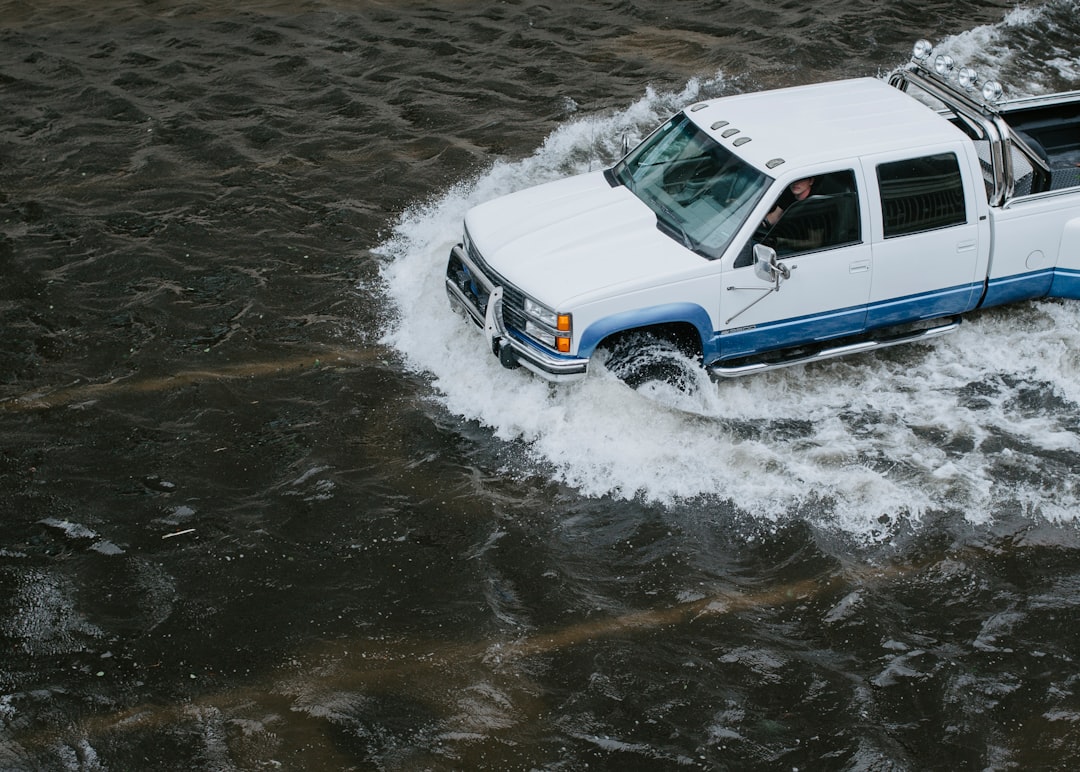The problem we can't save for a rainy day

In September of 2004, two hurricanes made landfall at virtually the same spot in Stuart, Florida. I was a sophomore in high school and ended up missing a few weeks of school, but being about 10 miles from the coast spared our home from anything more serious than downed trees and power outages. Those were only two of the four hurricanes that hit Florida in a span of two weeks, and for a long time after, blue tarps dotted roofs up and down the state.
Frances was a Category 2 hurricane and Jeanne was a Category 3, and despite being in the path of both, we didn’t evacuate. Being inland from the threat of storm surge helped, and so did the fact that the warming ocean wasn’t quite so warm. Nowadays, I wouldn’t risk it, but that’s because I have a feeling these storms would have been much deadlier.
Including Hurricane Ian last week, the gulf states have seen five Category 4 hurricanes and one Category 5 since 2017. Before 2017, you have to go back 54 years to tally another six hurricanes of that magnitude. Today’s storms are bigger, stronger, and slower-moving, and that seems to be the rule rather than the exception.
Now that Hurricane Ian has given way to the sunny calm that only comes after a freakish storm moves through, those affected will survey and clean up and rebuild. We’ll talk about how resilient these communities are. Democrats and Republicans will even come together to agree on a thing or two. What we probably won’t do is plan meaningfully for the future.
I don’t believe in playing politics for disaster aid, but while we have these politicians’ attention, I wish there was more we could do to persuade them to invest in state and federal action to curb climate change. On sunnier days, none of the top Florida Republicans have supported climate legislation. Governor Desantis, then a congressman, and Marco Rubio, now the senior senator, actually voted against an aid package when Hurricane Sandy shocked the northeast in 2012. Not their constituents, not their problem, I guess.
Floridians need help right now, but what they really need is help for the future, and the problem with waiting until people are underwater to help them is that a lot of them drown.


